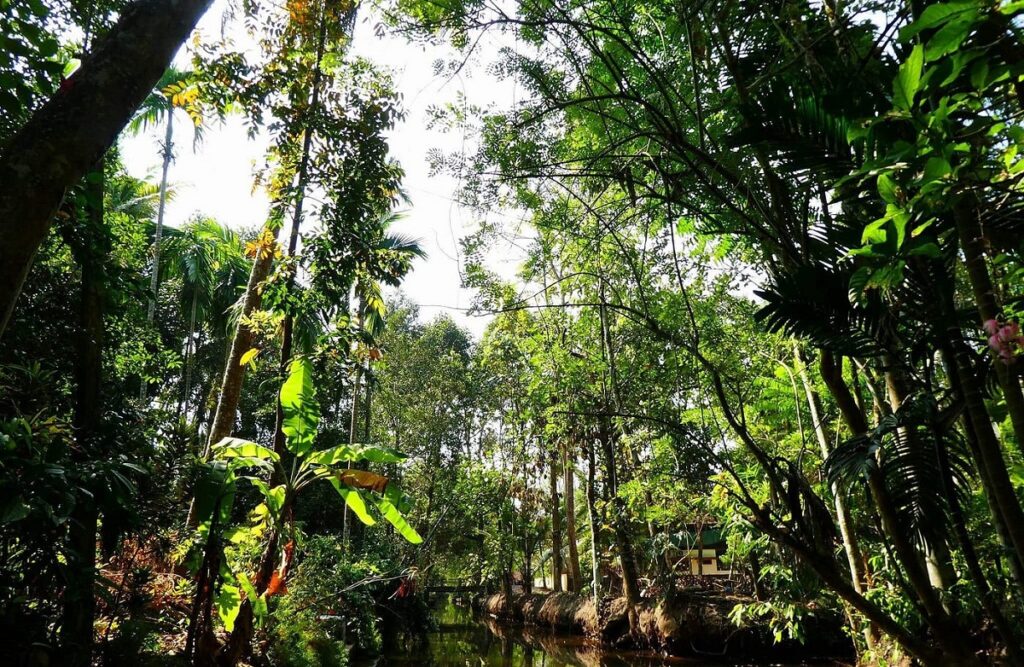Civil society and Indigenous rights groups are raising alarms over the current state of the ASEAN declaration on environmental rights, urging for increased transparency and public participation in the drafting process. Originally conceived as a legally binding framework, the agreement’s shift towards a nonbinding declaration has sparked apprehension among observers.
Calls for Extended Consultation Period
One major point of contention is the brevity of the public consultation period, lasting only one month, which critics argue is insufficient for meaningful engagement. Advocates are pushing for an extension of this period to ensure a more inclusive and comprehensive drafting process that incorporates diverse perspectives from across Southeast Asia.
Key Issues on the Table
Groups are emphasizing the need to address critical issues within the region, including bolstering Indigenous rights, ensuring access to environmental information and justice, and establishing clear mechanisms for addressing transboundary development impacts. These concerns underscore the significance of the agreement in confronting the complex challenges of climate change, biodiversity loss, and pollution.
Striving for Legally Binding Commitments
While the agreement’s current form lacks legal teeth, civil society organizations are adamant about the necessity for legally binding commitments from ASEAN member states. Without such commitments, the effectiveness of the agreement in holding governments and corporations accountable for environmental violations could be severely compromised.
Indigenous Participation and Representation
A glaring omission in the draft is the lack of explicit recognition of Indigenous peoples’ rights and their exclusion from the drafting process. Advocates stress the importance of Indigenous participation and the incorporation of free, prior, and informed consent principles to ensure the protection of Indigenous territories and resources.
Roadmap to Implementation
Moving forward, the focus shifts to translating the agreement’s principles into concrete actions and implementation plans. Civil society will play a pivotal role in holding governments accountable for fulfilling their commitments and ensuring that the agreement reflects the needs and aspirations of all stakeholders in Southeast Asia.
A Call for Genuine Engagement
As discussions continue, the demand for genuine engagement and meaningful collaboration resonates across the region. With the triple planetary crisis of climate change, biodiversity loss, and pollution looming large, the urgency to act decisively and inclusively has never been more pressing.
